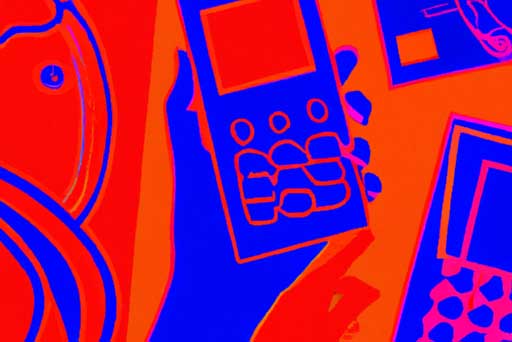- The Iranian Cyber Police, known as FATA, has launched a mandatory mobile antivirus app named Farez for all citizens. This move has raised concerns over citizens’ privacy and potential government surveillance.
- The Farez system scans all the apps on a device and blocks those deemed malicious. However, the authorities have not detailed how the app will operate in practice.
- Apprehensions arise from past experiences with restrictive online policies in Iran, which often serve as tools for censorship and control.
- Critics as well as human rights groups, have expressed concern over the lack of clarity about how Farez works and what criteria it uses to categorize an application as dangerous.
- The logistics of requiring all of Iran’s phone sellers to pre-install the Farez system on devices also remains unresolved.
Iranian authorities recently announced the introduction of a compulsory mobile antivirus software named Farez developed by the country’s Cyber Police (FATA). This security scanner system claims to inspect all apps on a device and block those categorized as malicious. However, critics fear that Farez could be used as an instrument for surveillance and censorship, exploiting the lack of transparency about the operational details of the system.
Azam Jangravi, an Information Security Analyst at Citizen Lab, highlighted this as a potential risk for the government to “filter the content that the government deems inappropriate.” This is of concern, given Iran’s history of restrictive online policies, including a mandatory software introduced in 2011 intended to block access to certain websites.
Additionally, the Iranian government has shown an increased use of technology as a means of control, particularly since the protests of September 2022. There have been several instances of internet throttling, mobile data blackouts, and social media restrictions. Surfshark noted a total of 46 internet disruptions since 2015, with 35 related to protests.
Speculation arises concerning how the government would enforce the pre-installation of the Farez system on all devices sold in Iran. Some predict the authorities might conduct stop-and-search operations to manually install the software on target devices.
Jangravi advises anyone living or traveling in Iran to be cautious. This includes not installing apps such as Farez, being mindful of online information sharing, avoiding government websites, and using a reliable Iranian VPN to help protect privacy and enhance security online.









